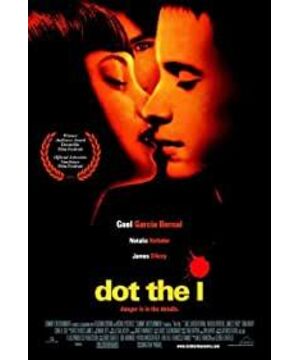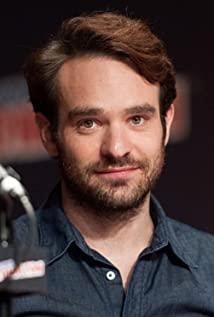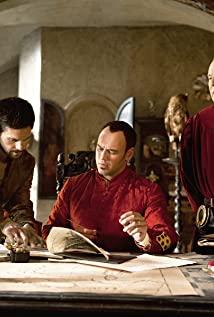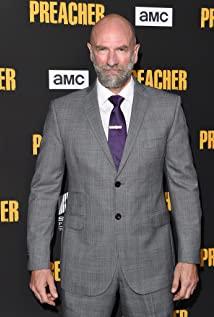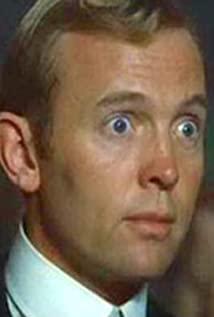Anything with a dream-making ability, including pictures, movies, magic, or anything else you can throw at it.
Dying in a dream is the perfect ending, so there's a mistake that's dramatic as well as sad.
For example, a magician who performed a bullet shot from the barrel of a gun in the air was killed in a mistake.
For example, an actor performing a gunfight was killed by real bullets because the props were exchanged.
For example, I heard a true story not long ago. One night, the three of them went hunting in the mountains. When they split up, they mistook their companions for animals due to lack of light, and shot them with shotguns until they died.
Something dramatic is a novel or a movie. But life is not a movie.
The director of Dot the I knows this and applies the phrase to the actor's lines. He tried to express the contrast between reality and film, so he used the camera as props and the actors as chess pieces to subvert the plot repeatedly in a scene where everything was ready.
The director wants to say, love. Love is as splendid as it appears, and as rough as the darkness that cannot be seen. A Spanish girl, she is wild and loves freedom, she is more susceptible. Marriage is an emotional cage that eventually makes the feelings of the people in the cage become extremely realistic. So she has to escape from it after all. A cage rich enough is not a factor to stop her, but a small room with countless smiles can be thrown into her arms.
The director wants to say, rational. In the film, the director is rational enough, so it is arranged in a clear and orderly manner. Every frown and smile has been simulated attentively, so as to create tears and shocking death images. No one denies this rationality, so in the end the film he handles wins. But life doesn't like this rationality, so those who have been deceived and used by him will both use prop pistols or real pistols to strangle him in the back of his victorious back.
The director wants to say, what is true and what is false. It is true that the girl struggled or tried to hold on, that she broke down at the sight of death, that she was sluggish at the sight of the truth, and it was true that she became an executioner because of betrayal and hatred, and her cry and nervousness before her last smile is false. It's true that the boy's poverty and despair is true, it's true that the boy is vacillating about the deception he's about to face, it's also true that the boy finally pulls off the deception and completes it perfectly, and that the boy's actions to cooperate with the girl are the same as what he's shown in front of the camera before. Same, it's all fake. The director's melancholy and self-pity are false, the director's sadness and madness are false, the director's victory is in sight, and the director's full investment in the film is true. And the love between girls and boys turns upside down in this movie, but it turns into a question in the end, it has nothing to do with true or false.
The director wanted to squeeze everything he wanted into the film, and he did. His logic is surprising enough, but it's only surprising.
As a person in the real world, most people would not like to see a complete scam, nor would they like to see a broken full stop.
Dot the I didn't finish with a better full stop.
If you think of Dot the I as a movie, and it's just a jumping clip on the screen in front of you, you can get away from it just by pulling away, it's a good work.
If you regard Dot the I as an opportunity in life, the shining point in your eyes at a certain moment is enough to affect your life, and it cannot be a masterpiece.
Because not a moment of it is true, and not a moment is utterly bad. Not a moment is pure love, and not a moment is pure hatred. It's just a movie transformed from a script held in the director's hands.
View more about Dot the I reviews


